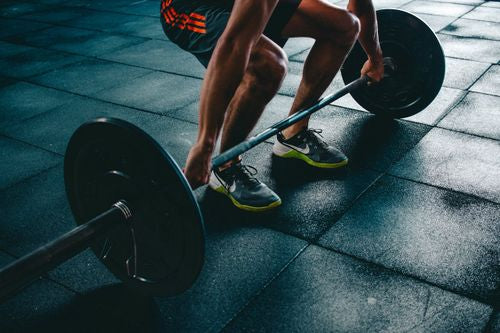Boost Your Fitness Levels with Improved Sleep Habits
In our fast-paced world, the correlation between sufficient sleep and physical fitness often goes overlooked. However, the alliance between good sleep and enhanced fitness is pivotal and backed by overwhelming evidence. Improving your sleep habits can significantly boost your fitness levels, providing not just physical benefits but also improving mental health and overall well-being.
Introduction to Sleep and Fitness
You might be familiar with general advice about the importance of sleep. Still, it’s crucial to understand that sleep isn’t merely a pause in our daily lives but a productive and necessary process that helps in muscular recovery, cognitive function, and hormonal balance. For athletes and fitness enthusiasts, sleep becomes even more crucial as it directly impacts performance and results.
The Science Linking Sleep to Fitness
The Role of Sleep in Muscle Recovery
During sleep, especially in the deep stages, the body releases growth hormones that aid in muscle repair and growth. Inadequate sleep can decrease protein synthesis, muscle recovery, and growth hormone production, all of which are vital for fitness progression.
Sleep and Performance
Research published in the British Journal of Sports Medicine suggests that increased sleep quality and duration can lead to better performance in athletes. The study highlighted improvements in speed, accuracy, and reaction time in well-rested individuals compared to their sleep-deprived counterparts.
Practical Tips for Better Sleep
1. Establish a Sleep Schedule
Fixing a regular bedtime and wake-up time can significantly enhance the quality of your sleep. Consistency helps regulate your body’s internal clock and can aid in falling asleep and waking up more naturally.
2. Create a Rest-Conducive Environment
Optimising your bedroom environment by controlling factors like temperature, noise, and light can foster an uninterrupted sleep cycle. Consider using blackout curtains, white noise machines, and maintaining a cool room temperature.
3. Mind What You Eat and Drink
Avoid heavy meals, caffeine, or alcohol right before bedtime, as they can disrupt your sleep cycle. Instead, focus on light snacks or beverages that promote sleep, such as chamomile tea or warm milk.
Incorporating Sleep into Fitness Goals
Monitor Your Sleep
Tools like fitness watches or sleep apps can help track your sleep quality and duration. This data can be invaluable for adjusting habits or routines that may be hindering your sleep.
Prioritise Recovery
Allocate rest days in your fitness regime to allow muscle recovery and prevent overtraining, which can negatively impact both your sleep quality and your performance.
Challenges and Solutions
Managing Stress
Stress is a common barrier to good sleep, but managing it through mindfulness, yoga, or reading can help. Engaging in relaxing activities before bed can prepare your body for a night of deep sleep.
Adapting to Work Schedules
For those with shifting work schedules, maintaining a regular sleep routine can be challenging. Try to create a haven of relaxation by using sleep masks and earplugs to isolate from inconsistencies in your sleeping environment.
Conclusion
Improving your sleep habits isn’t just about increasing the hours you spend asleep; it involves enhancing the quality of sleep to support your fitness goals effectively. By integrating strategic sleep practices into your routine, you can experience significant improvements not only in your physical performance but in your overall health and quality of life. Embrace the synergy between sleep and fitness, and watch as your body thanks you in multifaceted ways.




